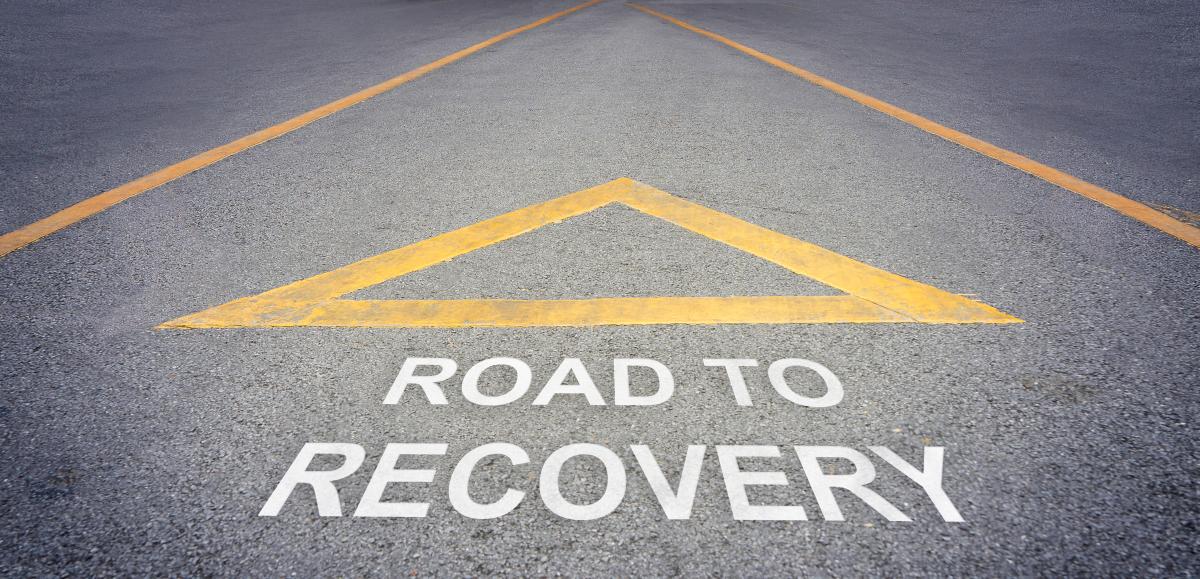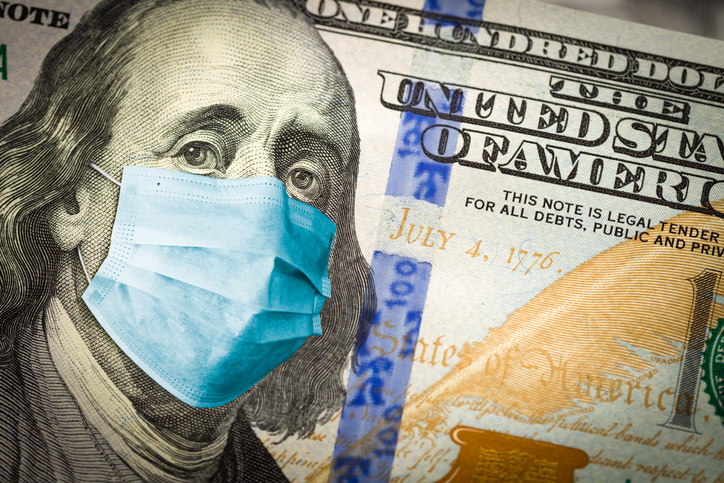Racial Inequalities Extend to Bankruptcy
Submitted by the Bond & Botes Law Offices - Friday, February 12, 2021

The events of the past year have turned a bright spotlight on racial inequities. But, the disparity in the consumer bankruptcy arena isn’t fresh news. Back in 2017, ProPublica conducted an in-depth study of race and bankruptcy. The news was discouraging, but unsurprising to seasoned bankruptcy attorneys.
Bankruptcy Filings by Race
The study data revealed that:
Rebuilding after a Tennessee Financial Crisis
Submitted by the Bond & Botes Law Offices - Wednesday, February 10, 2021

“Financial crisis” can mean many things. For an individual, a financial crisis might occur after a job loss or divorce. A serious illness or injury can trigger a financial crisis. Or, simple mistakes may snowball into a crisis, as interest and late fees mount and payments become unmanageable.
Brad Botes Featured in Bloomberg Article on COVID-19 Relief
Submitted by the Bond & Botes Law Offices - Sunday, January 31, 2021

I Can’t Make My Chapter 13 Payment: Now What?
Submitted by the Bond & Botes Law Offices - Friday, January 22, 2021
Chapter 13 bankruptcy offers a possible solution for people who have suffered a temporary interruption of income or are facing financial trouble because of large, but temporary expenses. For example, someone with stable income and assets to protect may be knocked off course by a period of unemployment. Alternatively, a person with stable income, a home, a nice car, and other property may face a medical crisis and end up with a pile of bills that do not fit in the budget.
What Should You Do With Your Stimulus Money?
Submitted by the Bond & Botes Law Offices - Wednesday, January 6, 2021
Well—Finally 2020 is hind sight!! And hind sight is 2020! (or so they say) But 2020 has another “visual” meaning—Someone with 20/20 vision has “perfect” eye sight—clear vision. Both of these phrases can be a positive force as we move ahead into the new year—2021.
Alabama Foreclosures are Rising
Submitted by the Bond & Botes Law Offices - Tuesday, December 29, 2020
Foreclosures around the country jumped during October, with Alabama foreclosures near the top of the nation.
In the third quarter of 2020 (July through September), The Federal Reserve Bank of New York reported that there were about 16,000 new foreclosures, or about 5,333 per month–the lowest number since the New York Fed started assembling its quarterly Household Debt and Credit report in 1999. But, Attom Data Solutions is reporting a significant turn in the fourth quarter.
What Does “Success” Mean in Bankruptcy?
Submitted by the Bond & Botes Law Offices - Thursday, December 17, 2020
You may have seen statistics about the number of bankruptcy cases that are “successfully completed” and wondered what that means. When you see that type of data, it generally refers to a specific outcome in the bankruptcy court.
Bankruptcy and Covid-19: Why are Filings Down?
Submitted by the Bond & Botes Law Offices - Monday, December 7, 2020
Typically, an economic crisis in the U.S. is accompanied by an increase in bankruptcy filings. During the Great Recession, the upward trend of bankruptcy filings tracked closely with the increase in unemployment. Based on historical trends, a new paper suggests, we should have seen an increase of about 200,000 consumer bankruptcy filings nationwide during the second quarter of 2020.
Debt Management: How to Prioritize Debt in a Crunch
Submitted by the Bond & Botes Law Offices - Wednesday, November 25, 2020
Most of us face financial crunches from time, and 2020 has been one long crunch for many people. Being short of money and having to pick and choose which bills to pay is always tough. Unfortunately, creditors and debt collectors make it much harder when they pour on the pressure. Your best defense against being bullied or manipulated into routing your money in the wrong direction is preparation.
Are We Facing a Wave of Auto Repossessions?
Submitted by the Bond & Botes Law Offices - Friday, November 20, 2020
Back in January and early February, some financial experts were predicting that subprime auto loans--vehicle loans to people with lower credit scores who were considered higher risk--might be the next housing bubble. Between 2009 and 2019, U.S. automobile loan debt increased by 75%, to more than $1.25 trillion. In early 2020, about seven million auto loans were 90 days past due.

 1-877-581-3396
1-877-581-3396

